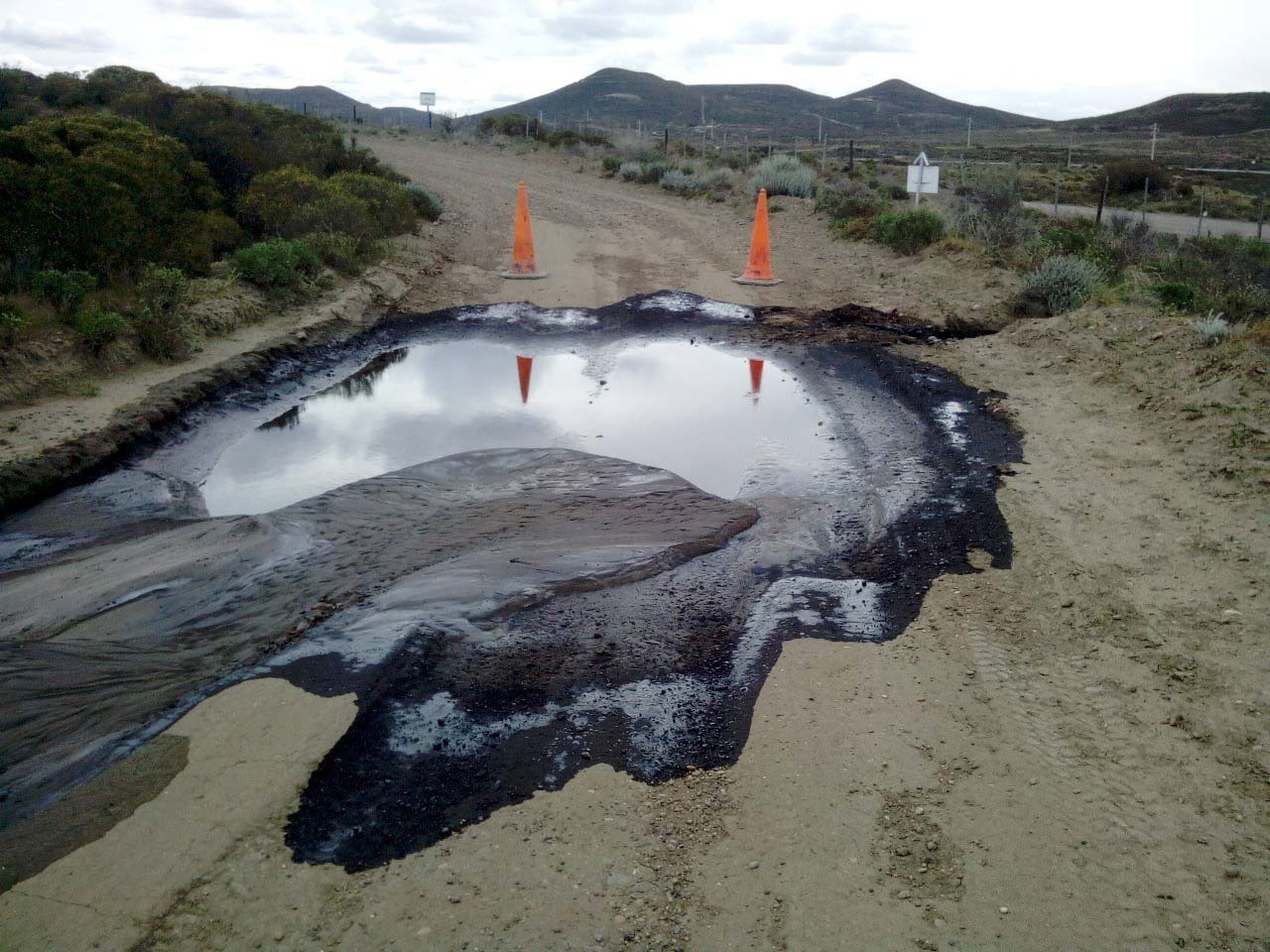Why Geopolitics Needs Psychology: The Role of Intelligence and Geopolitics in International Cooperation
by Karin Silvina Hiebaum
The interaction between intelligence and geopolitics plays a crucial role in the dynamics of international cooperation. The ability to collect and analyse strategic information influences the decision-making of states at the global level. In this article, we explore how intelligence and geopolitics are intertwined, facilitating cooperation in areas such as security, conflict prevention and crisis management. However, it also poses challenges due to divergent geopolitical interests. By examining these aspects, it seeks to better understand how greater synergy between intelligence and geopolitics can be fostered to promote more effective international cooperation for the benefit of global stability.
Foundations of intelligence and geopolitics in international cooperation
Intelligence and geopolitics are two interrelated concepts that greatly influence international relations and state decision-making. Intelligence refers to the process of gathering, analysing and disseminating strategic information to support policy formulation and decision-making. This process encompasses a wide range of activities, from electronic surveillance to infiltration of enemy agents, and is carried out by both government agencies and non-state actors.
An outstanding example of international intelligence cooperation is the Five Eyes alliance comprising the United States, the United Kingdom, Canada, Australia and New Zealand. These countries have established a highly integrated and reliable intelligence-sharing system, ranging from signals collection to human intelligence analysis. The Five Eyes alliance has been instrumental in identifying and neutralising terrorist threats and preventing espionage and sabotage activities.
Geopolitics, on the other hand, focuses on the interaction between geographical space, natural resources and political power. It examines how the geographical distribution of resources and the physical characteristics of a place influence politics, economics and military strategy. Geopolitics also analyses power relations between states and the dynamics of competition and cooperation on the international stage.
These two disciplines are intertwined and play a crucial role in international cooperation. For example, intelligence plays a crucial role in the formulation of geopolitical strategies by providing information on the intentions and capabilities of other state actors. Similarly, geopolitics influences intelligence priorities and objectives by determining which regions and issues are of greatest strategic importance.
Together, intelligence and geopolitics are essential components for understanding and addressing global challenges and for promoting international cooperation in an increasingly interconnected and competitive world. The interaction between these disciplines offers a window into understanding how states and other international actors perceive and respond to threats and opportunities on the global stage.
Such is the case of diplomatic missions, which play a crucial role in intelligence gathering by providing a direct presence in other countries and establishing channels of communication with government officials and members of civil society. Military attachés, present in many embassies and consulates, play a particularly important role in gathering information on military capabilities, troop movements and other aspects relevant to national security. These offices not only act as information collection points, but also facilitate the exchange of intelligence between different government agencies and allied countries.
In turn, with intelligence-gathering processes that are crucial to the political interests of the world’s major powers, they perform the following actions:
Tracking hostile military movements: During periods of tension between countries, military attaché offices are often responsible for monitoring the host country’s military movements and providing intelligence reports on possible threats. This was common during the Cold War, as US military attaché offices in countries such as the Soviet Union and vice versa were constantly gathering information on force deployments, military exercises and other activities relevant to national security.
Assessment of military capabilities and vulnerabilities: Military attachés also conduct assessments of the host country’s military capabilities and vulnerabilities. This may include analyses of weapons systems, military infrastructure, communications and logistics, among other aspects. These assessments are critical to understanding the security landscape and help guide defence policy.
Gathering information on non-state threats: In addition to monitoring state military activities, military attachés may also be involved in gathering information on non-state threats, such as terrorist or insurgent groups. This may involve tracking potential terrorist activities, identifying arms smuggling routes or assessing the presence of radical groups in the region.
Cooperation in multinational operations: In the context of multinational operations, military attachés play an important role in the exchange of intelligence between allied countries. This can include coordination of surveillance and reconnaissance activities, analysis of common threats and planning of joint operations.
Importance of international intelligence cooperation
International intelligence cooperation plays a key role in global security and transnational threat management. Intelligence agencies from different countries collaborate to share information, analyse trends and coordinate actions to address common challenges, such as terrorism, proliferation of weapons of mass destruction and organised crime. This collaboration is based on the premise that no single country can tackle the complex threats of the 21st century alone.
Another example is the collaboration between intelligence agencies in the fight against drug trafficking in Latin America. Countries such as the United States, Colombia and Mexico have established mechanisms for exchanging information and coordinating operations to combat transnational criminal organisations that traffic illicit drugs. This cooperation has led to the dismantling of drug trafficking networks, the seizure of large quantities of drugs and the arrest of organised crime leaders.
Furthermore, in the area of cyber security, intelligence agencies from different countries work together to identify and counter cyber attacks perpetrated by state and non-state actors. International cooperation in this field involves sharing indicators of compromise, hacking techniques and best practices to protect critical infrastructure and ensure online security.
This is why international intelligence cooperation is essential to effectively address global challenges. By sharing resources, knowledge and capabilities, countries can improve their ability to prevent threats, protect their citizens and promote stability and security in the world.
Barriers and challenges in international intelligence cooperation
Despite the obvious benefits of international intelligence cooperation, there are several obstacles that can hinder its effectiveness, including mistrust between the security and intelligence agencies of different countries. This distrust can arise for a number of reasons, including historical competition, ideological differences and mutual threat perceptions.
A notable example of this historical mistrust can be seen during the Cold War between the United States and the Soviet Union. Both countries deeply distrusted each other and had a constant threat perception, which made intelligence cooperation difficult despite facing common threats, such as international terrorism. Each side was concerned that shared information could be used against them or for strategic advantage.
Even in the post-Cold War era, distrust between intelligence agencies persists in certain cases. For example, after the attacks of 11 September 2001, the US sought greater intelligence cooperation with some Middle Eastern countries to combat terrorism. However, mistrust between US intelligence agencies and their local counterparts, exacerbated by cultural and political differences, often hindered collaborative efforts.
Moreover, revelations about mass surveillance programmes, such as Edward Snowden’s leaks in 2013, have increased distrust between allied countries. Reports that the US had been spying on foreign leaders and collecting information on citizens of other countries undermined trust in intelligence cooperation, leading to calls for greater transparency and restrictions on data collection.
Mistrust between the security and intelligence agencies of different countries represents a major obstacle to international intelligence cooperation. Overcoming this distrust will require a concerted effort to build trusting relationships, improve transparency and encourage greater information sharing for the benefit of global security.
Future synergies and challenges in international intelligence cooperation
Despite the above challenges, there are significant opportunities to improve international intelligence cooperation and address future challenges more effectively. A key strategy to overcome these barriers is the strengthening of information sharing mechanisms and the promotion of mutual trust between partner countries.
An outstanding example of synergy in international intelligence cooperation is the Centre for Intelligence against Terrorism and Organised Crime (CITCO). This centre facilitates the exchange of information between the intelligence services of several European countries to combat terrorism. Through collaboration on threat analysis, surveillance of suspects and coordination of operations, CITCO has played a crucial role in preventing terrorist attacks in the region.
However, as global threats evolve, new challenges emerge that require greater international intelligence cooperation. For example, the rise of cyber terrorism poses significant challenges to cyber security and critical infrastructure protection. In this context, countries need to intensify their efforts to share cyber threat information, develop cyber threat intelligence capabilities, and develop cyber security and critical infrastructure protection capabilities.
However, as global threats evolve, new challenges emerge that require greater international intelligence cooperation. For example, the rise of cyber terrorism poses significant challenges to cyber security and critical infrastructure protection. In this context, countries must intensify their efforts to share cyber threat information, develop joint capabilities and coordinate effective responses.
Another emerging challenge is the growth of violent extremism online and radicalisation on the internet. To address this problem, greater collaboration is needed between intelligence agencies and technology platforms to monitor and counter the spread of extremist content online. For example, the Global Internet Initiative against Terrorism (GIIT) brings together governments, technology companies and civil society organisations to combat online radicalisation and promote positive counter-narratives.
While there are challenges in international intelligence cooperation, there are also significant opportunities to strengthen collaboration and address future challenges more effectively. By harnessing the expertise and resources of multiple countries, we can improve our ability to prevent and respond to transnational threats and promote global security and stability.
International intelligence cooperation is critical to addressing global security challenges in the 21st century. Throughout this article, we have explored the crucial role intelligence plays in promoting cooperation between countries and examined the obstacles facing this process. What follows are some concluding thoughts:
Importance of collaboration: International intelligence collaboration is essential to address transnational threats, such as terrorism, the proliferation of weapons of mass destruction and organised crime. No country can address these challenges alone, and cooperation between intelligence agencies from different countries is necessary to gather information, identify threats and coordinate effective responses.
Persistent challenges: Despite the benefits of international intelligence cooperation, there are persistent challenges that must be overcome. Mistrust between security and intelligence agencies, differences in national laws and regulations, and divergent geopolitical interests can hinder effective collaboration and make coordinated responses to threats difficult.
Opportunities for improvement: Despite these challenges, there are significant opportunities to improve international intelligence cooperation. Strengthening information-sharing mechanisms, promoting mutual trust between partner countries, and addressing new and emerging threats, such as cyber terrorism and online radicalisation, are important steps towards strengthening global security.
Continued commitment: International intelligence cooperation requires a continued commitment by countries to overcome obstacles and strengthen collaboration for the benefit of global security and stability. This includes fostering a culture of transparency, trust and shared responsibility among international partners.
Ultimately, international intelligence cooperation is a powerful tool for addressing the complex and dynamic challenges facing the international community in the 21st century. By working together effectively, countries can improve their ability to prevent threats, protect their citizens and promote global security and stability.

















Un Comentario